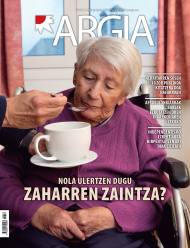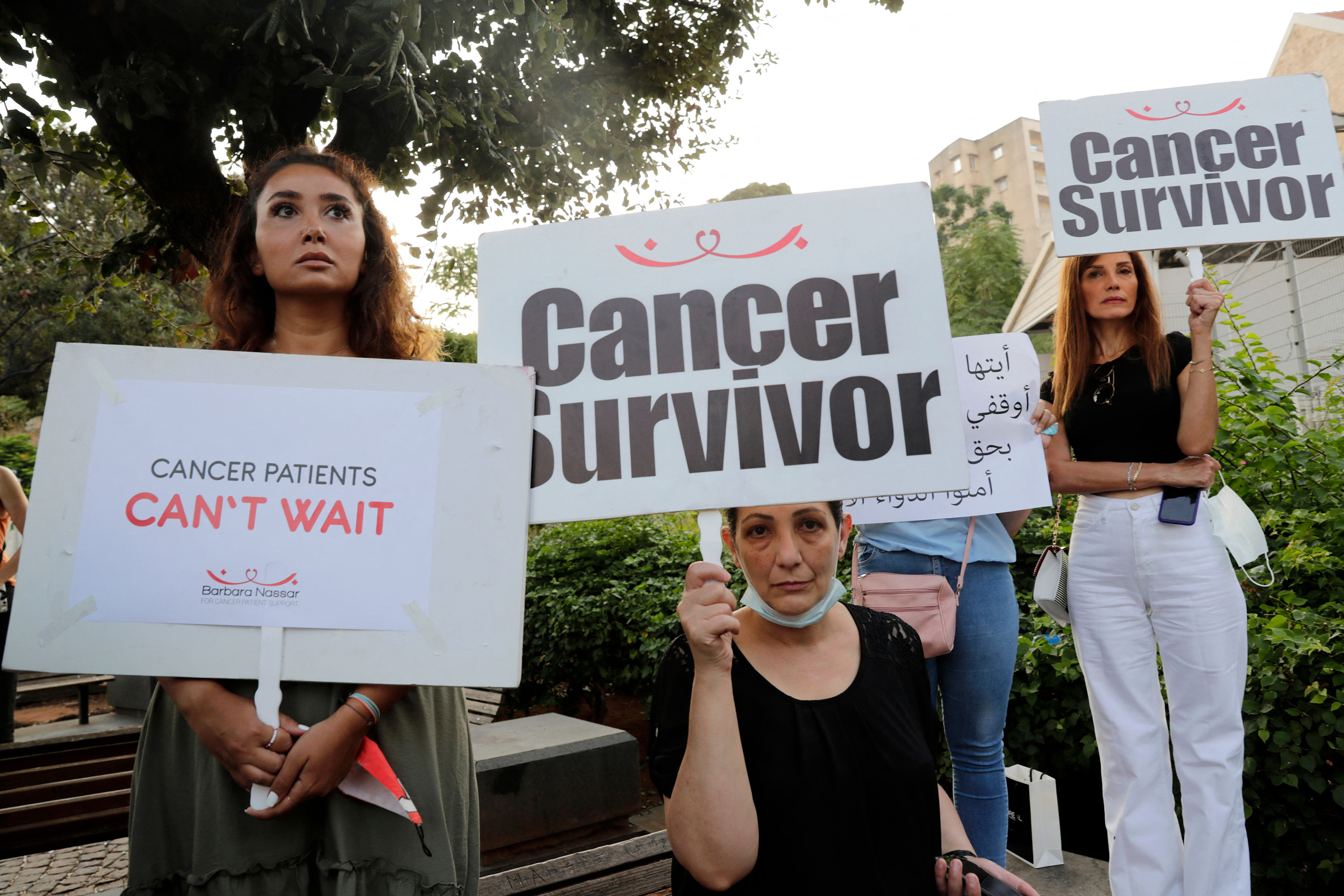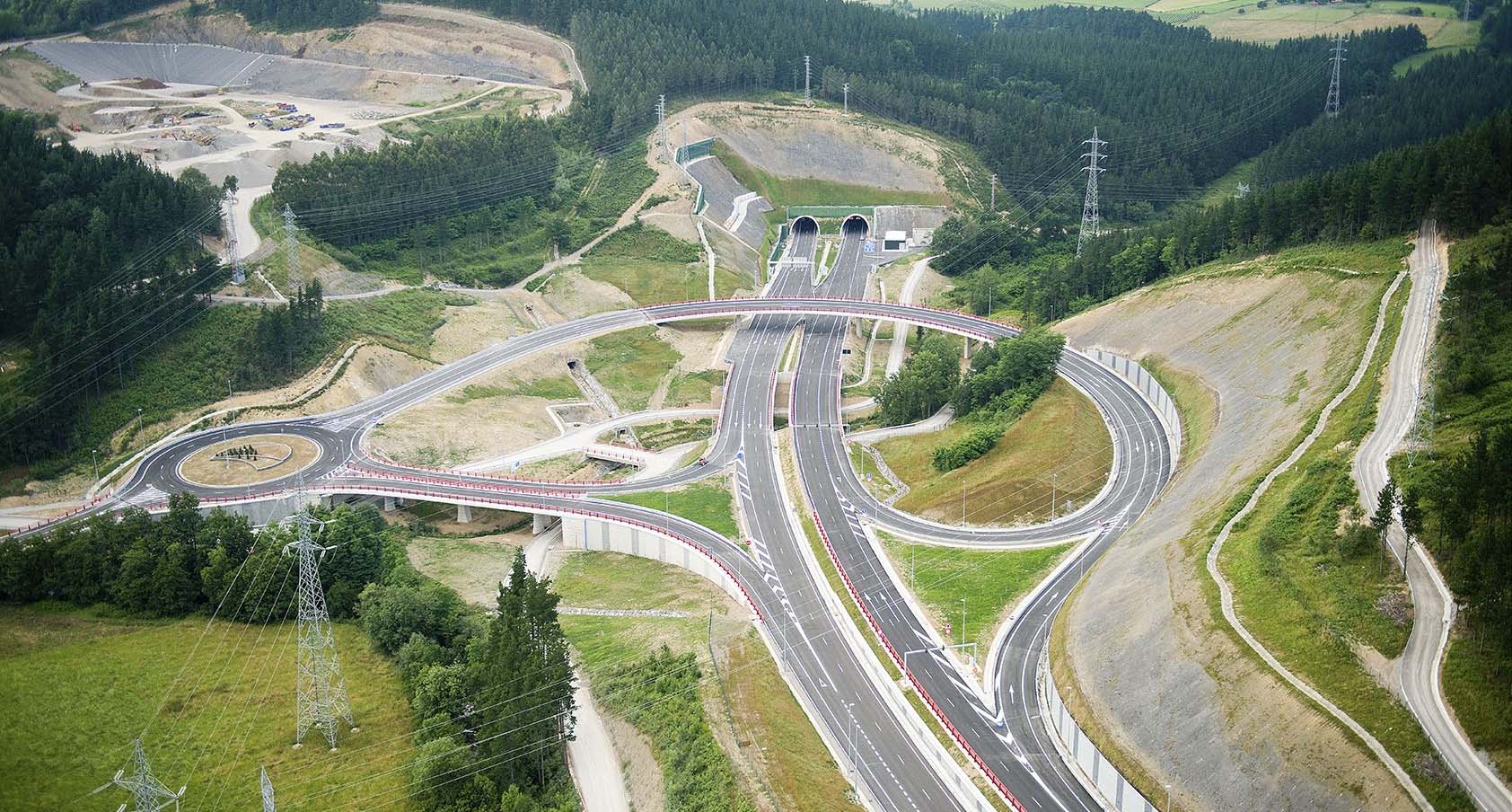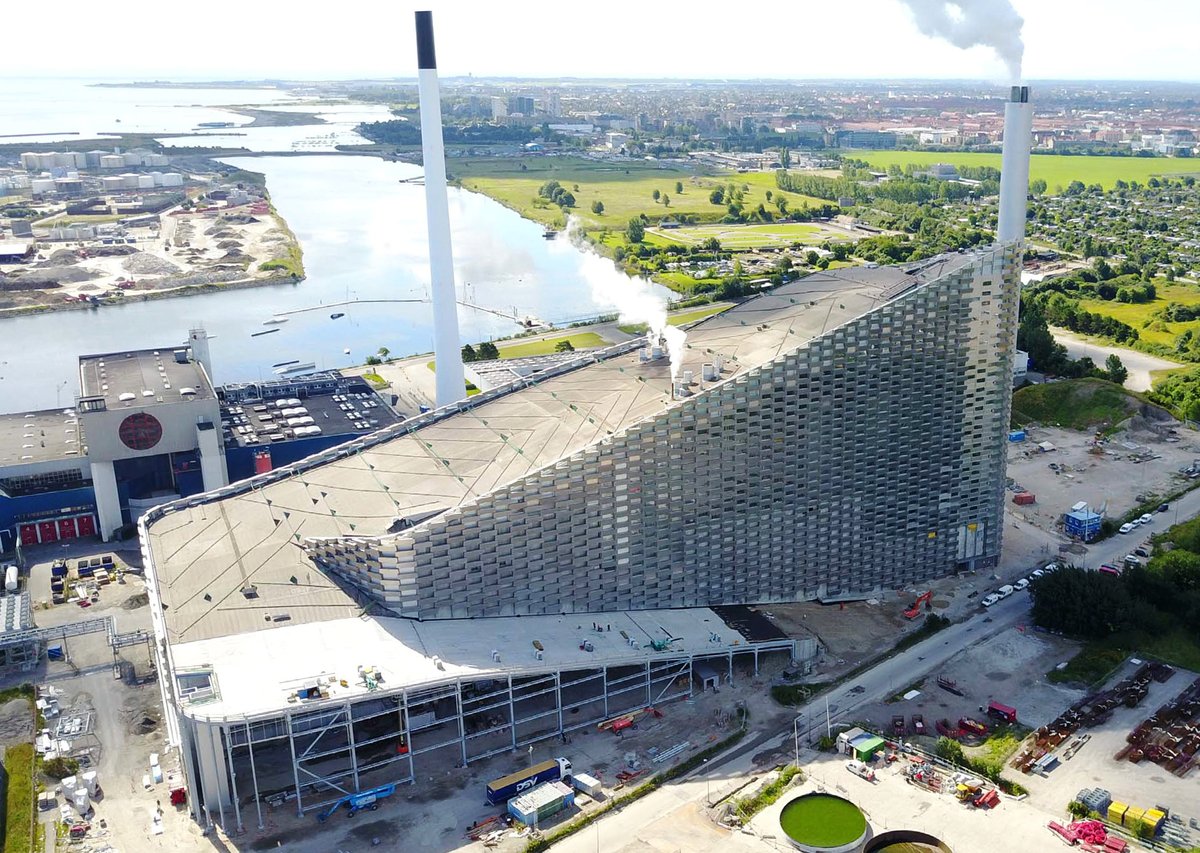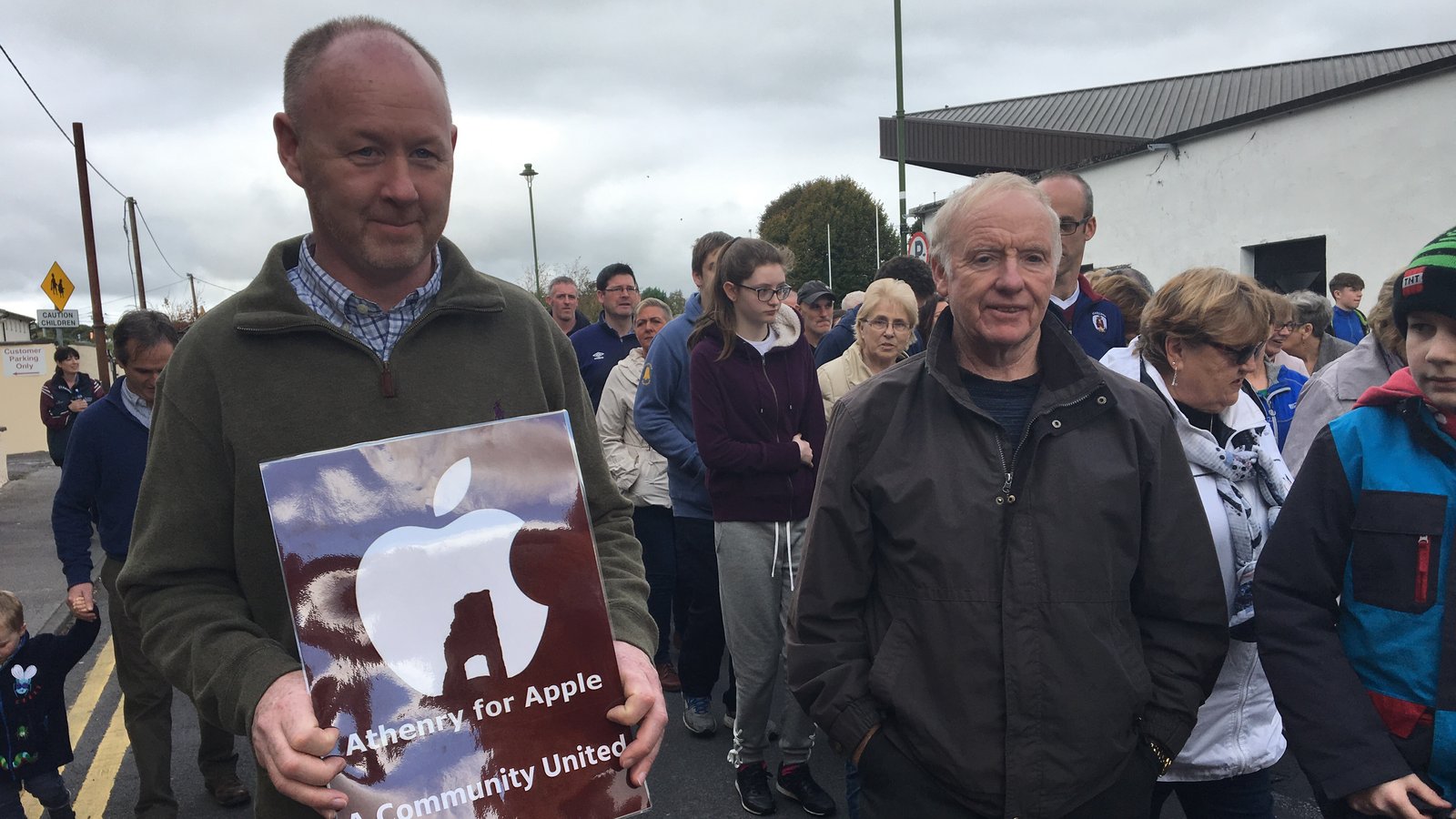EUR 1.2 million of citizens in Navarre are transferred to banks every day
- The next major global economic crisis will emerge, increasingly, in the absence of the enormous debt accumulated in the countries. Crisis over the crisis. According to experts, the main recipe used to deal with the crisis has been to encourage indebtedness, by putting cheap money into the hands of citizens and governments. And much cheaper still in the hands of banks.
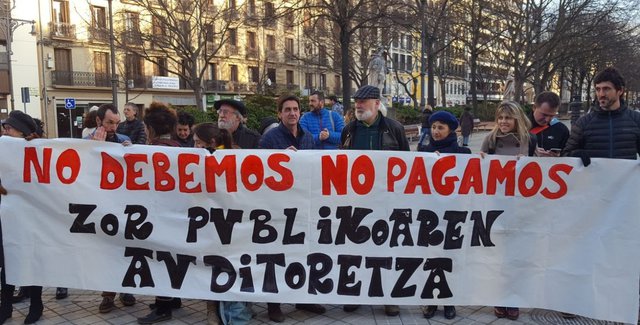
It is now the debt bubble that is gradually forming: public and private debt at the global level is 164 trillion dollars, 225 percent of global GDP. Nor is it easy to imagine the level of quantity we are talking about. In addition, data are variable depending on the issuing entity. Quantities, the question comes in itself: What if we start raising the interest in the money with so much debt?
The U.S. Federal Reserve has begun to raise dollar interest rates and the European Central Bank will also increase euro interest rates by mid-2019. How is this going to affect citizens and governments? Countries such as Italy, Turkey and Argentina are already experiencing severe crises. Many countries around the world are on guard.
And in the Basque Country what? Time will say, but continuing with the music of the last decade, always “better than in Spain”. Thus, our Governments continue to liquidate the accumulated debt for years. By the end of October, for example, the Government of Navarra will contribute the last EUR 60 million of the 332 million it has to pay this year for public debt. In addition to this debt, a further EUR 93 million corresponds to off-road toll tolls, so this year EUR 426 million will be paid in items that can be considered as debt.
With the outbreak of the 2008 crisis, governments began to indebtedness on the one hand because of the large reduction in tax collection and the need to finance their budgets, and on the other, because the banks were bailed out with public money. Or, for example, the bites of hazard premiums.
Debt quintupled
In Navarra the debt has increased in the last decade in the context of the corralito: From 2008 to 2015, UPN governments had quintupled public debt from EUR 660 million to EUR 3.3 billion. With these loans the iconic Navarra Arena sports building, the Los Arcos circuit, the shadow highways and other projects were paid at the end of September. All of them led by UPN, with the PSN hand.
As a result, every Navarro currently owes EUR 5,150. Although it is a real fact, it does not seem that the citizen is too upset. No one will go to your current account to withdraw that money. No, the whip is indirect and the Government of Navarra is going to allocate much of its annual budgets to the cancellation of public debt. Of course, the coup will be seen in other areas: education, health, culture, Euskera, investments, etc. It serves as a more detailed example: According to a study carried out by the 2016 Chamber of Comptes on public personnel, of the 22,681 places counted, 5,487 have not yet been covered. The budget of the Government of Navarra for 2018 amounts to EUR 4.156.6 million. ELA has denounced that “EUR 1.2 million will be paid a day”.
Public debt of EUR 6 billion
This is one of the figures used by the Social Parliament platform of Navarra or ELA in the evaluation of the 2018 budgets of the Government of Navarra. But, according to data from June 2017 offered by Joan Josep Boch – Social Parliament – in the Parliament of Navarra, Navarre’s public debt would amount to around 6,000 million euros. This explained the situation with data from the end of 2015.
On the one hand, there are the usual data: At the end of 2015, the government had a debt of EUR 3,322 million, that is, a little less than its annual budget. Of these, 1,786 million are public debt issues and 1,076 million are bank loans. However, Bosch stressed that the debt “is higher than what appears in the press”: the government has EUR 149 million in corporate bonds and the Sodena, which is the public company offering guarantees, another EUR 340 million. In addition, retired officials are owed an additional EUR 2,100 million in pensions. In other words, as you said, the Government of Navarre currently has a debt of almost EUR 6 billion.
Bosch explained that between 2000 and 2015 the Government of Navarra has paid EUR 900 million in interest, especially for very high risk premiums. It strongly denounced the maintenance of the private banking system by the European Central Bank (ECB): “The ECB does not make direct loans to governments, but to banks and then to governments.” For many years, the ECB has paid a 1% interest to banks, which are now 0%, and then 5% or 8% to governments, depending on the risk premium. The Government of Navarra is paying 5.8% of the depreciations it is making this year in the foral executive. The question remains the same: then, why do governments not ask for money directly from the ECB? Because it's forbidden. Before the euro was created, governments asked their central banks for money, but today they cannot do so.
More specific cases also appeared in the hearing. Bosch strongly criticised the EUR 4.9 million loan signed in swap format by Counsellor Alvaro Miranda (UPN) and by Counsellor Enrique Goñi (CAN). Some of these cases have already been sanctioned by the courts in the Spanish state, arguing that there was abuse of power in the banks, because the client did not control these very complicated types of loans. “But that was not the case of the Government of Navarre,” Mr Ortiz said, “what did Miranda want, which would harm the government for the benefit of the CAN?”
In his speech, Bosch also pointed out that he was angry with what the government of change defined, which makes no noise with the issue of illegitimate debt. It was more accurate with Swap’s case: “I have put two experts in the hands of the Government of Navarra to bring the reports to court and has done nothing,” he believes the case would be practically won.
Unfair debt: EUR 191 million
The parties to the change launched in early 2016 a parliamentary committee to investigate public debt, which made available to the Social Parliament numerous data on the finances of the Government of Navarra. “Too much for us,” says the members of the organization, because even though the data is there, we don’t have the capacity to investigate so much.” At last year’s parliamentary hearing, Bosch complained very much and reproached the foreign parliamentarians that the debt investigation should not be carried out by the Social Parliament but by the Navarre Parliament, “because it has the same means to do this and not us”.
The Social Parliament estimates that EUR 191 million of the debt to be repaid by the Government of Navarre in this legislature is unfair, according to Parliament’s estimates. Why? Because banks got too much interest, because the debt went to expensive infrastructure that citizens don't need, because swaps were used, or because it went to misinvestment to keep the corralito empire, among other things.
The Social Parliament is the meeting point of some thirty associations in Navarre whose objective is to control the finances of public money. Once the unjust debt has been calculated, it has repeatedly asked the Government of Navarra to waive its payment or at least to negotiate and pay a significant amount of money. The Government of Navarre does not believe that it can act in this way, since unfair debt can be used as a political claim, but it does not have a legal basis for it. In any case, and entangled in many other issues, the parties to change have not made any public push to put pressure on the foreign government on the unjust debt. And there is no longer time, because, among other things, all parties are facing the May elections.
“Don’t live above your level”
Interestingly, classical capitalism has not seen the question of indebtedness well: “Don’t spend more than you have,” he says. It is scandalous how the most humble classes have been accused of “having lived above their level”. But in the 2008 crisis, banks also resorted to subprime loans that were promptly channelled in the United States. And in the Spanish state, the real estate bubble was also exaggerated by “cheap” mortgages.
However, the long end of the debt is nothing more than a sham, as it makes cuckoo loans from every corner, sometimes for the resolution of crises and many others for the stimulus of crises, but always at the heart of capitalism, always ready to bring tomorrow's consumption to the present. As neoliberal experts like to say, debt has been at the basis of the 2008 crisis resolution, but it is also at the basis of the next crisis on the horizon. That growth is starting to slow down, that interest is rising, the National Monetary Fund’s cry to tighten the belts… We have not emerged from a crisis and the echo of another has vibrated here and there.
Arabako auzitegiak Europara eramango du IRPH klausulen inguruko auzia. Espainiako Auzitegi Gorenak, epaileen arteko desadostasun handiekin, atzera bota zuen Arabatik emandako epai bat, zeinak indize hipotekarioa baliogabetzat jo zuen.
Lizarran duela urte batzuk kirol instalazio bat eraikitzeko operazio urbanistikoak kiebrara eraman dezake udalerria, egungo alkate Koldo Leozen (EH Bildu) arabera. Nafarroako Kontuen Ganberak kaleratu berri duen txostenak susmo horiek baieztatu baizik ez ditu egin.
Nafarroako Parlamentu Sozialak -ELA tarteko- zor publikoaren aurkako astea antolatu du Iruñean, urtarrilaren 22 eta 26 bitartean. Astean zehar hainbat ekitaldi eta hitzaldi izango dira zor publikoaren inguruan. Aipagarria da Eric Toussaintzoren hitzaldia, alegia, zor... [+]
Gipuzkoako Hondakinen Kontsortzioak (GHK) Eguberri egunaren biharamunean onartu ditu Zubietako erraustegiaren bigarren fasearen baldintza pleguak. Biometanizazio planta eta eskoria nahiz errauts toxikoak tratatzeko gunea egingo dituzte, orain erraustegia eraikitzen ari diren... [+]









